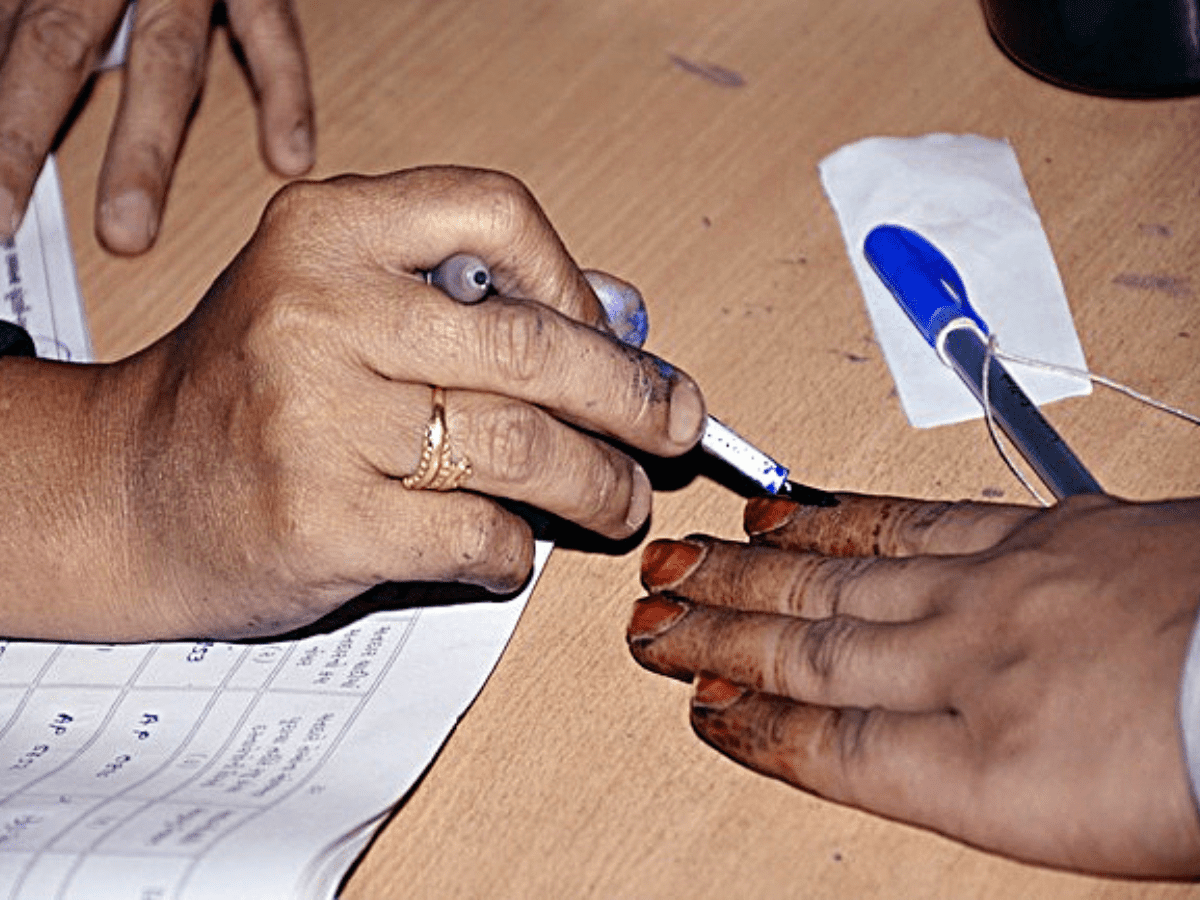
Now it has reached a point of exasperation. All parties barring BJP, of course, have started questioning the Central government for not holding polls in Jammu and Kashmir, which are now not only overdue but also driving a narrative whether the government is interested in holding it in the foreseeable future or it wants to continue with an unacceptably long spell of the federal rule which is one month short of five years now.
This is making people impatient, and it is not a good sign for the democratic credentials of the country.
There are no clear answers. The Centre has thrown the ball in the court of the Election Commission of India, while the fact remains that ECI, in regard to J&K depends on the feedback from the Centre, because it cannot risk timings on its own without having a checklist on the security situation of the place and the mood of the people. The Centre holds the key. And since there are no answers available, the holding of Assembly polls in J&K has become a conundrum.
The last Assembly polls in the erstwhile state were held in November-December 2014 and the former state had its last elected government until June 2018, and that was of BJP and PDP, the two parties which were poles apart from each other, but their numerical compulsions led them to strike an ideological compromise. The two parties could not sustain the political strains and the BJP drew first blood by withdrawing support to the Mehbooba Mufti led coalition government. There were plans to put an alternate government in place, but the Centre could not decide which way to go. Since then, the elected government has become an illusion.
Today, now that five years have passed since the end of the elected government in J&K, the Centre’s dilly-dallying on elections has injected other thoughts and articulation in the political narration that the Centre is not interested in risking the gamble of polls in J&K, for it is not only uncertain of its own victory, but also fearful what will happen if the opposition gains majority. In J&K, the elections are not all about as to who would form the government. The election and its outcome in J&K have national and international connotations. The Centre knows it, and therefore it is more than cautious because it also has a legacy of having abrogated Article 370 ad split of the state into two federally administered union territories of Ladakh, and J&K that has changed the whole complexion of the polls, and more so by the delimitation commission exercise that favoured Hindus in Jammu region which got six out of seven additional constituencies in the proposed House of 1990. It is one year since the Delimitation Commission gave its final report – May 5, 2022 – but the elections have not been held. At the moment, it is undergoing second spell of electoral rolls, something which the people see as a plan to delay the polls time and again.
The political parties are quite vocal in posing questions to the Centre over the polls, as they don’t buy the thesis that the Election Commission of India is the sole decider about the polls in J&K . The ECI depends , as always, particularly since 1996 , on the feedback on the security situation and overall atmosphere. There, however, is a dichotomy, ECI has drawn its schedule for Lok Sabha polls, as it did in 2019 when it conducted general elections in the state with the rest of the country, but when it comes to Assembly polls, there is no timeline nor it is being spelt out.
“The government must explain, why it is not holding polls in Jammu and Kashmir when it is broadcasting day in and day out that normalcy has returned to the land and people,” asked Altaf Bukhari, president of Apni Party, the political grouping that is known for its balancing act – not touching extremes on either side of the political divide in Kashmir. “ We agree that the situation has improved, normalcy is there, no encounter has taken place in the last few months, no local has joined the rank of militant groups for last eight months,” he asserts and then questions if this is not conducive time to hold polls, then when?
Centre’s repeated assertion that Panchayat polls have been held, spawning democracy in Jammu and Kashmir, like never before, the argument being that the three-tier panchayat polls were held in the UT first time since its independence. There is almost a chorus by other parties, whether the election to panchayats in other states and UTs have been end in itself, then why Assembly polls are being held there? Right from National Conference president to PDP chief Mehbooba Mufti, all leaders are asking, “are panchayat polls substitute for everything in the democratic set up.” Bukhari went a step further and asked “why hold elections to the Parliament, fill it with Panchayat members.”
This is scathing criticism of the BJP and the Centre, but the adequate response is not forthcoming. Perhaps, the Centre is ignoring this talk about elections as desperation of the parties to come to power , but it is not comprehending the outcome of this restiveness in J&K. The delay in elections can assume a serious dimension which will cause more alienation, and a stage may come when the polls will lose the relevance and appeal. J&K has changed in optics, but a lid on its inner urge for democratic government cannot be kept for long.
